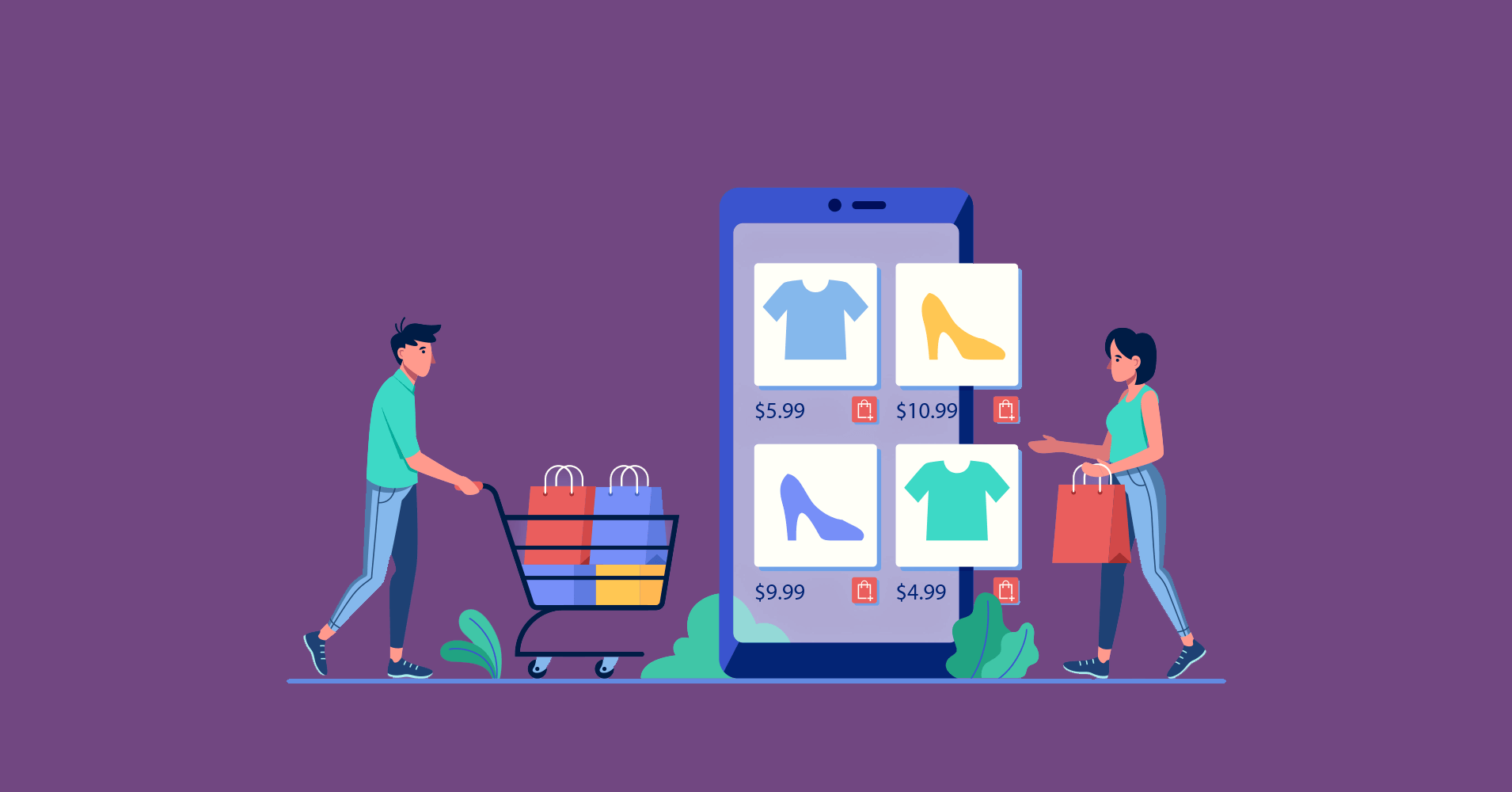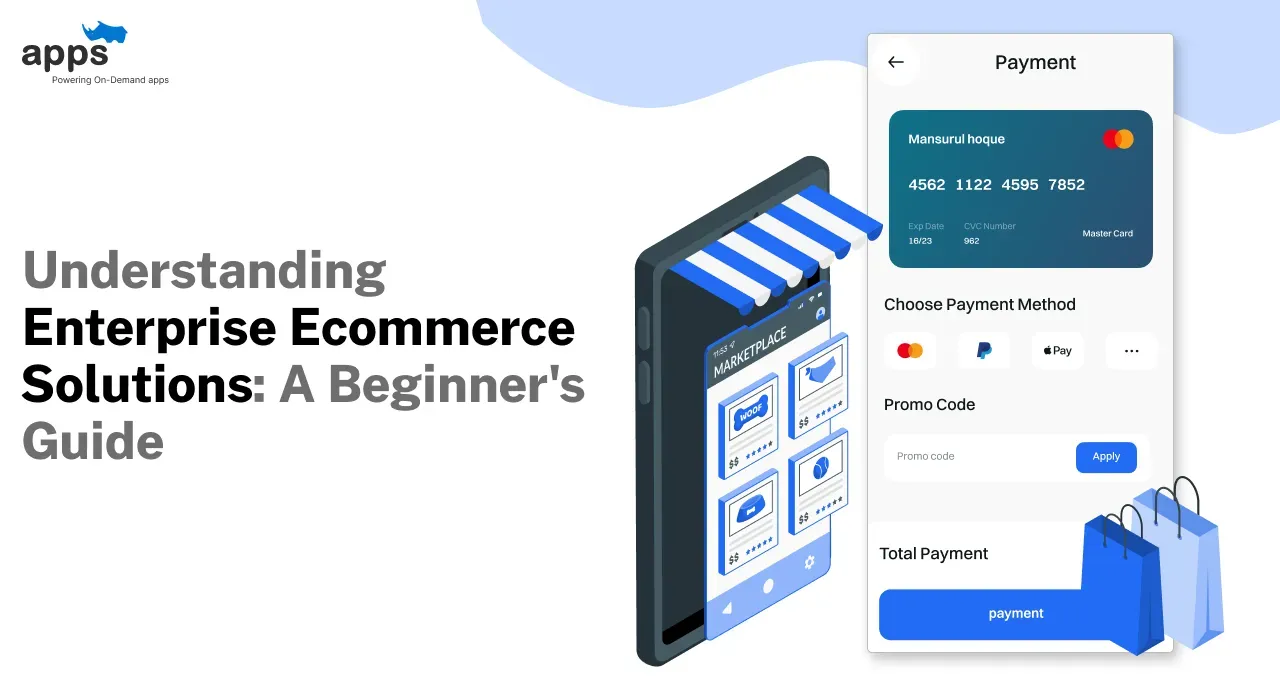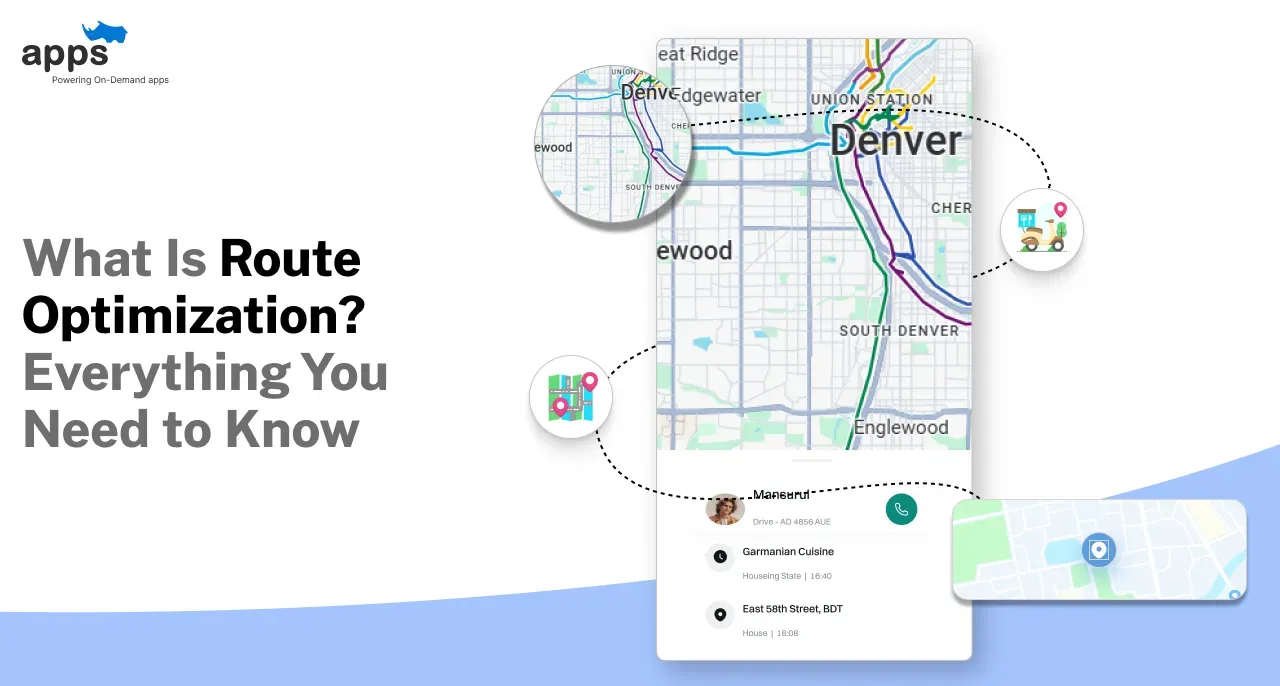- 1. Laying the Groundwork
- 2. Building Your Online Store
- 3. Setting Up Essential Functionalities
- 4. Gearing up for launch
- 5. Post-launch success
- Conclusion
- Frequently Asked Questions (FAQs)
Table of Contents
Launching Your Ecommerce Platform: A Practical How-To Guide

In today's digital age, starting online is more accessible than ever. It’s a vital avenue for businesses to reach a global audience and establish brand loyalty and a strong presence.
Proper guidance is essential in the e-commerce platform development process for success. Whether you're an aspiring entrepreneur looking to enter the world of online retail or an existing business owner aiming to amplify your traffic, it is essential to gather knowledge about the stages involved in e-commerce platform development.
Some essential steps of building your e-commerce platform development are providing practical tips, actionable strategies, and expert advice. Empowering you to navigate the complexities at every stage of launching an e-commerce platform effectively.
You can turn your online business dreams into reality. So, let's dive in and turn your entrepreneurial dreams into a thriving online business venture!
1. Laying the Groundwork
Before diving headfirst into the exciting world of online business and e-commerce platform development, it's crucial to lay a solid foundation for the success of your business.
Identifying Your Niche and Target Audience
Understanding your target audience and niche is crucial for starting an e-commerce platform development website. Narrow your focus by selecting a niche market that aligns with your interests, expertise, and product.
Be well-versed in your target audience to create personalized e-commerce website services that meet their needs and desires. This helps in optimizing “user personas.”
Conducting Market Research and Competitor Analysis

Conducting comprehensive market research is beneficial for identifying your target audience and understanding their needs. Also, do a thorough competitor analysis. These are vital for the success of your e-commerce platform development.
Analyzing the trends, consumer behavior, and competitive landscape will help you make informed decisions about your e-commerce website services.
Developing a Solid Business Plan
A well-crafted business plan must profitably serve, attract investors, and ensure the long-term viability of your e-commerce website services. The plan should outline your executive summary, target market, product and service, revenue streams, marketing tactics, and financial projections.
A solid business plan gives clarity. It also guides your e-commerce platform development in the right direction.
2. Building Your Online Store

Once a strong foundation is laid, it's time to bring your e-commerce website services to life. This involves selecting the right e-commerce platform and designing an engaging, user-friendly experience to maximize conversions.
Choosing the Right E-commerce Platform
Selecting an e-commerce platform that meets your business needs and objectives is crucial for seamless e-commerce website development services.
Whether you choose Shopify, WooCommerce, Magento, or a custom-built solution like AppsRhino, you must evaluate each platform's customization options, scalability, pricing, and suitability for your business before deciding.
Design a user-friendly E-commerce Website Service

Your online store's design should be visually engaging and easy to use. It should have easy navigation, clear product displays, and secure checkouts.
A well-designed store can significantly impact customers' purchase decisions and overall satisfaction. Streamline the navigation of your e-commerce website to help users find products quickly and easily.
Optimizing Product Listings With Multi-media
High-quality product listings enhance the visual appeal of e-commerce website services and improve user experience. Providing customers with a full description of each product, appealing images, and relevant details creates a compelling shopping experience.
3. Setting Up Essential Functionalities
You need key functionalities in place to ensure a smooth e-commerce platform development. This will enable seamless transactions, fast shipping, good customer management, and a strong brand presence.
Integrating Secure Payment Gateways
Secure payment processing is paramount for facilitating seamless transactions on your e-commerce platform development. Integrate trusted payment gateways that support various payment methods, including credit cards, debit cards, and digital wallets.
Popular online payment gateways, such as PayPal, Stripe, Razor Pay, and Square, provide secure and seamless payment processing options for your online store.
Establishing Clear And Efficient Shipping And Strategies

Offer flexible shipping options and shipping rates to meet customer expectations. Efficient shipping is essential for a seamless customer experience in e-commerce platform development solutions. Calculate real-time shipping rates with shipping carriers to generate shipping labels, and provide order tracking information to customers.
Add a reliable shipping system to your platform. This will help streamline order processing, tracking, and timely delivery.
Suggested Reading: How to Choose the Right Ecommerce App Development Services
Implementing a Customer Relationship Management (CRM) System
Start by selecting a CRM system aligning with your business needs and goals. Implementing a CRM system allows you to:
- Organize customer data.
- Track interactions.
- Personalize communication based on customer preferences.
Popular CRMs include Hubspot, Salesforce, Agile, etc. Implementing them can improve operational efficiency and customer management. It can also boost repeat sales, foster customer loyalty, and drive sustainable e-commerce growth. CRMs are crucial for nurturing customer relationships in e-commerce website services.
4. Gearing up for launch
With the foundation laid, it's time to gear up for the exciting moment of launching your e-commerce platform. This phase requires meticulous planning and preparation involving steps like;
Creating a Compelling Brand Identity

Your brand identity is key to the success of your e-commerce platform development. Develop a unique and memorable brand logo. Ensure the color scheme and brand voice resonate with your target audience.
To accelerate things, create anticipation and excitement by teasing upcoming product launches and behind-the-scenes sneak peeks on social media. Consistency in branding is key. This will help build trust and recognition among your customers.
Developing a comprehensive marketing strategy
Craft a solid marketing strategy to generate buzz and attract customers to your e-commerce platform. Incorporate a mix of digital marketing strategies like in search engine optimization (SEO) techniques to improve your website's visibility on search engines like Google. Content marketing, influencer partnerships, and paid advertising help to drive traffic.
It is crucial to choose the most effective marketing channels and tactics based on your audience preference and budget to promote your products.
Testing And Refining Your E-commerce Platform Before Launch
Test and refine your e-commerce platform to find any issues before the launch to the public. Test the performance of key features, including the checkout process, product pages, search, and mobile use.
Ensure compatibility with multiple devices and browsers and optimize loading speeds for a great user experience. Analyze feedback from beta testers to make any necessary improvements.
To stay ahead of the competition, pay regular attention to your e-commerce platform development based on user feedback and changing market trends.
5. Post-launch success
Post-launch success is an ongoing journey of your e-commerce platform toward sustained success. To ensure long-term growth and profitability, it is crucial to focus on;
Monitoring key metrics and website analytics
In the digital world of e-commerce platform development, data-driven decision-making is paramount. Track and analyze key metrics and website analytics, such as conversion rates, traffic sources, bounce rates, and customer engagement. Monitoring these metrics regularly helps you find areas to improve.
Tools like Google Analytics provide comprehensive data that can help you identify strengths, weaknesses, and opportunities for improvement to optimize your e-commerce platform development.
Optimizing your store for conversions
Conversions are the lifeblood of any successful e-commerce platform development. They directly impact the e-commerce platform’s development ability to convert visitors into paying customers. To maximize your store's potential, focus on optimizing key elements like product pages, checkout processes, and call-to-action buttons.
Implementing strategies like A/B testing, improving site navigation, and offering incentives for purchases can optimize conversion rates. Continuous e-commerce platform development based on data analysis can also help.
Suggested Reading:Weed Delivery Services NYC: Comparison of Top eCommerce Platforms
Providing excellent customer service and building brand loyalty
Exceptional customer service is a cornerstone of e-commerce platform development solutions. It builds loyalty, satisfaction, and long-term customer relationships. Offer prompt assistance to customer inquiries and enable personalized recommendations. Prioritize customer-centricity. Strive to deliver high-quality products and services at every touch-point.
This will build brand loyalty, bring positive reviews, and encourage repeat business and referrals
Conclusion
The journey of launching and managing a successful e-commerce platform solution requires meticulous planning, strategic execution, and continuous adaptation.
By identifying your niche, doing thorough research, and making a solid business plan, you set the foundation for a strong start. Creating an engaging online store is the key to sustained success. You need to add essential features; these things attract and keep customers.
The post-launch phase demands monitoring key metrics, optimizing for conversions, and delivering exceptional customer service to foster brand loyalty.
The e-commerce platform development must be flexible and customer-centric and use feedback data for decision-making to ensure sustained success.
Your e-commerce platform can thrive in the competitive digital marketplace with dedication and innovation. It can offer valuable products and memorable experiences to your discerning audience at every touchpoint, helping you nurture brand advocates.
Suggested Reading : 7 Ways to Maximize ROI with Custom E-commerce Software Development
Frequently Asked Questions (FAQs)
What are the essential steps for identifying the target audience and niche for an e-commerce platform development?
Find your target market and niche by doing market research, looking at consumer demographics and preferences and competition to see the demand for your products or services.
How can I choose the right e-commerce development platform for my business?
Choose an e-commerce platform based on features, scalability, pricing and suitability for your business. Options are Shopify, WooCommerce, Magento or custom built solutions like AppsRhino.
What are the key elements of designing a user-friendly and visually appealing e-commerce platform?
Design should be focused on intuitive navigation, product displays and secure checkout to give a visually pleasing and seamless user experience on the store.
Why is integrating secure payment gateways vital for an e-commerce platform development?
During the eCommerce platform development, integrating popular and secure payment gateways like PayPal, Stripe or Square allows customers to buy with confidence, knowing their personal and financial details are safe so they can trust.
How can efficient shipping and fulfillment strategies enhance customer satisfaction on an e-commerce platform?
Efficient strategies involve selecting suitable shipping carriers, negotiating discounted rates, and integrating a reliable shipping management system to streamline order processing and timely delivery for enhanced customer satisfaction.
What are the key metrics and website analytics to monitor for the success of an e-commerce platform development?
Monitoring conversion rates, traffic sources, bounce rates, and customer engagement through tools like Google Analytics provides valuable insights for optimizing the e-commerce platform's performance.
Table of Contents
- 1. Laying the Groundwork
- 2. Building Your Online Store
- 3. Setting Up Essential Functionalities
- 4. Gearing up for launch
- 5. Post-launch success
- Conclusion
- Frequently Asked Questions (FAQs)





